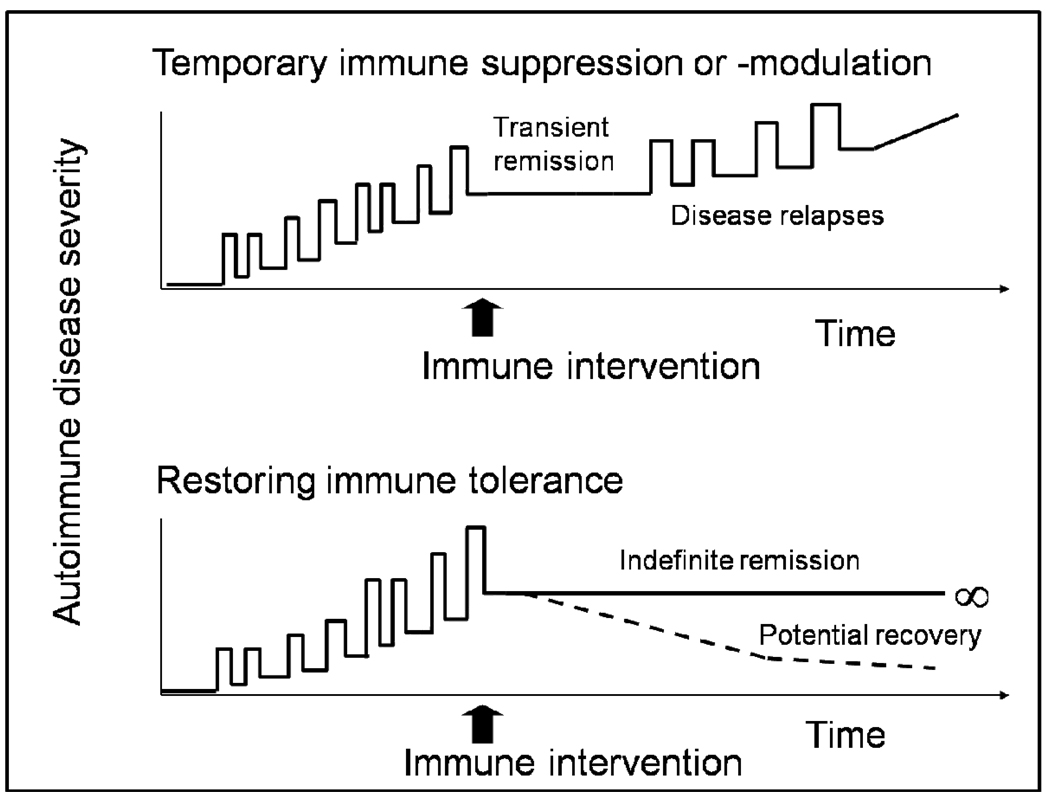Figure 1. Possible Outcomes of Autologous HCT for MS.
The objective of autologous HCT for MS is to reduce inflammation and progression of the disease for a prolonged period of time. Early MS, which has characteristic lesions that show active inflammation, has a chronic relapsing remitting course, and is followed by progressive disease in later years. There is growing evidence that the clinical effects of autologous HCT are not limited to transient immune suppression (top graph) but could be related to a “resetting” of the immune system.3 However, several years of long term follow up of patients transplanted for MS is needed to determine durability of remission from clinical disease activity. Immunologic mechanistic studies using patient samples and MRI studies to assess demyelination and re-myelination will also be needed to elucidate the mechanisms of HCT effects on MS.

